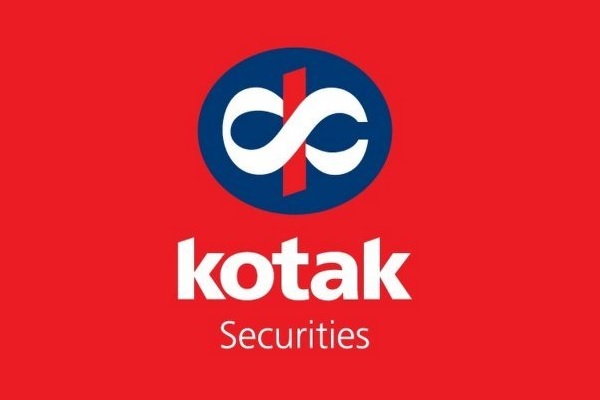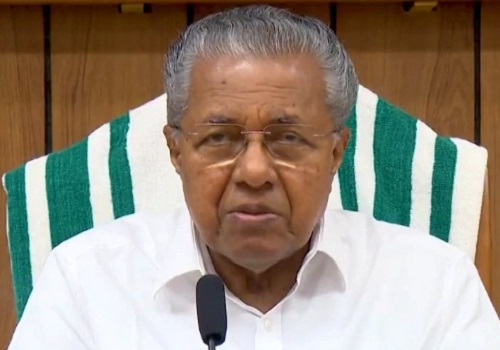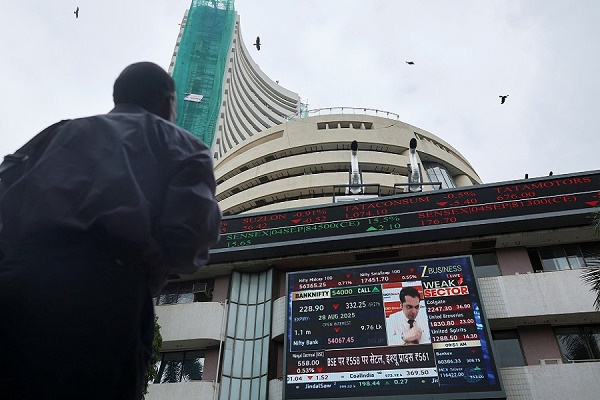A brief history of budget speeches in India
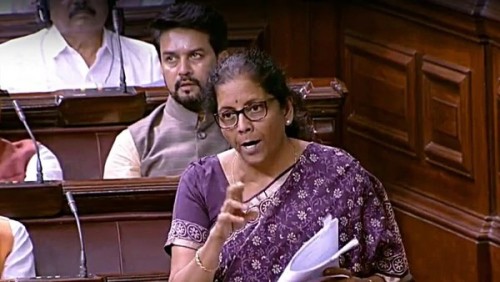
Now Get InvestmentGuruIndia.com news on WhatsApp. Click Here To Know More
In his famous 1991 budget speech ushering in radical reforms that would change the face of the economy and the country forever, India’s then finance minister, Manmohan Singh, quoted the writer Victor Hugo to emphasize how India’s time to take a high seat at the global table had arrived. Singh was making his speech in the immediate aftermath of one of the worst economic crises India had ever faced and the reforms he unveiled were a response to the dire circumstances that the country was then staring at.
The words the finance minister would choose to signal India’s intent at that juncture would be as important as the steps he took. And he did not disappoint, not on that occasion. “...As Victor Hugo once said, ‘no power on earth can stop an idea whose time has come’," said Singh in his maiden budget speech. “I suggest to this august House that the emergence of India as a major economic power in the world happens to be one such idea. Let the whole world hear it loud and clear. India is now wide awake. We shall prevail. We shall overcome."
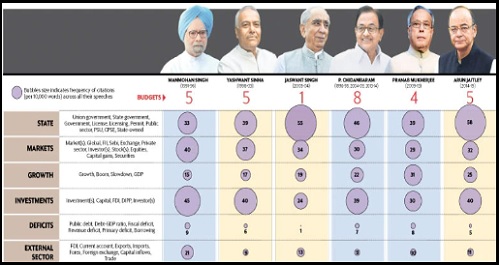
The world heard the message and the flow of foreign investments that opened up then have only become stronger over time, ensuring that India did not have to face another external crisis as the one it did in 1991. There was indeed a mini-balance of payments crisis in 2013 when Singh was the prime minister, but the scale was certainly nothing like what India overcame nearly three decades ago.
Since then, 28 budgets (excluding interim ones) have been presented by six finance ministers: Manmohan Singh (1991-1996), Yashwant Sinha (1998-2003), Jaswant Singh (2003-2004), P. Chidambaram (1996-1998, 2004-2009, 2013-2014), Pranab Mukherjee(2009-2013), and Arun Jaitley (2014-2019).
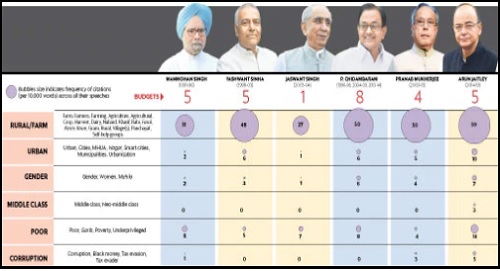
Of these budget speeches, Singh’s 1991 speech was the longest at 18,364 words. Only Jaitley in his 2014-15 budget speech came close to this record at 16,552 words. The average post-1990 budget speech has been roughly 13,600 words. Sinha made the longest budget speeches on average in the post-liberalization era (average of 14,895 words). Manmohan Singh came a close second (average of 14,086 words).
Chidambaram delivered relatively smaller budget speeches (12,830). With eight budgets under his belt, he also holds the record of the second highest number of budget speeches by an Indian finance minister, right behind Morarji Desai who delivered 10.
All these budget speeches during the period, which was delivered by men—a record Nirmala Sitharaman will break with her 5 July speech—have some common patterns and several differences. Across all the speeches, references to women or gender were rare.
References to urban issues (including related terms such as urbanization and cities) and the middle class were also rare. On all of these issues, Jaitley made slightly more references (per 10,000 words) compared to his predecessors.
Singh spoke the most about markets (and related terms such as private sector), but the reference to market-related terms have declined in subsequent budgets. Reference to the state have increased since Manmohan Singh’s time, with Jaitley using state and related terms (such as government) the most. The frequency of references to investments (and related terms such as foreign direct investments and capital) have also declined since Singh’s term. While the references to industry also fell, the reference to ‘service(s)’ has increased, perhaps reflecting the changing sectoral composition of the economy.
However, just speaking about something does not mean adequate and effective attention is being given to that issue. Singh spoke the most about inflation and managed to tame inflation. Mukherjee, who also spoke most about inflation, failed to tame it in his term. Jaitley spoke the most about rural and farm issues, but his term saw one of the most prolonged rural slowdowns in recent memory. Jaitley also spoke the most about jobs (employment), followed by Manmohan Singh.
Jaitley’s reference to infrastructure was closely followed by Jaswant Singh. The poor also found the most references in Jaitley’s speeches, followed by Manmohan Singh and Chidambaram.Chidambaram referred most to human capital (and related terms such as health, education, and nutrition), followed by Jaitley.
Mukherjee mentioned the environment and related terms more than any other finance minister in this period.





